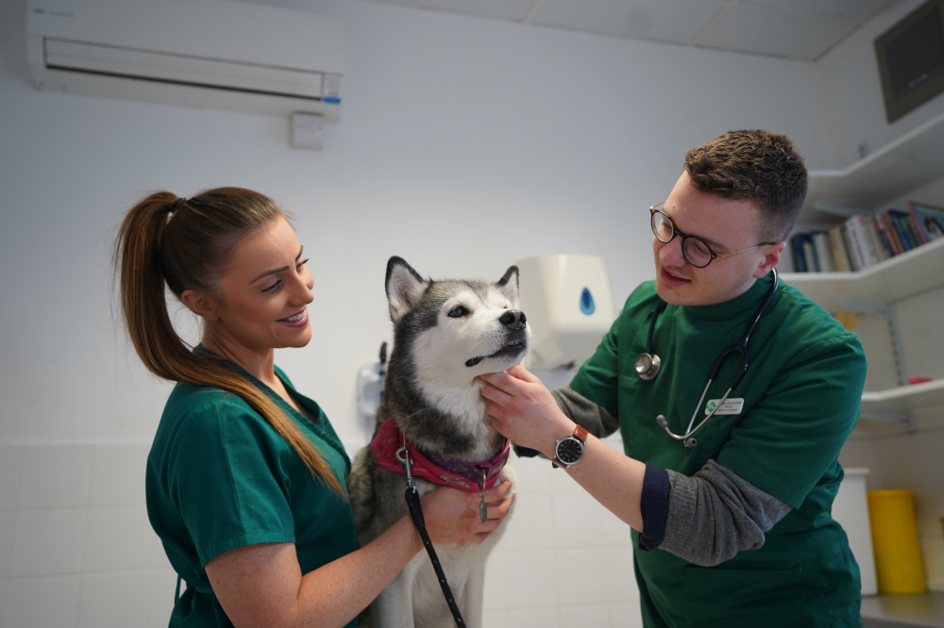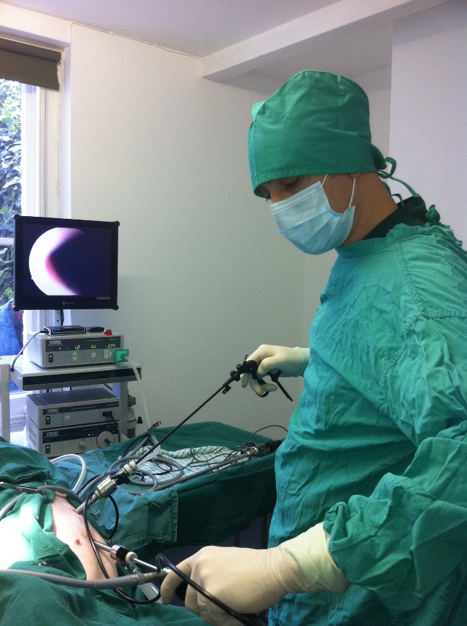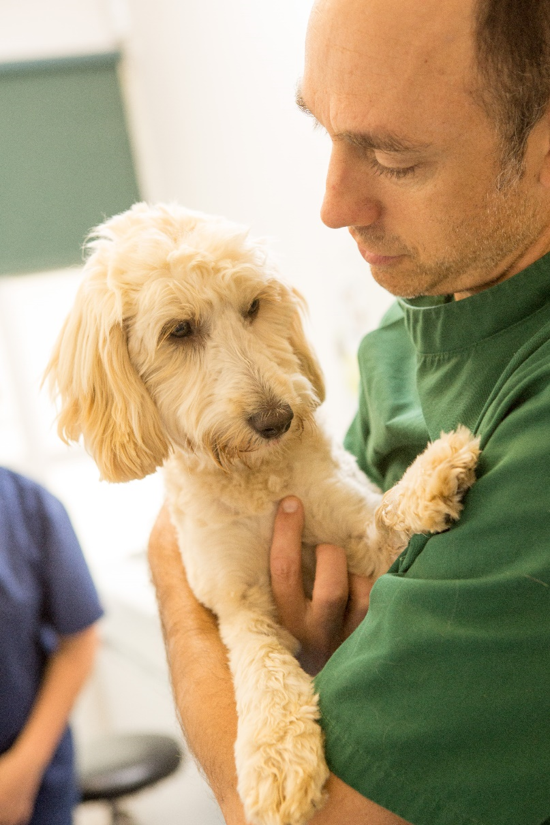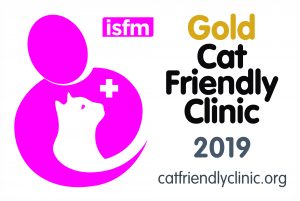Because Less Pain Means A Happier Companion

What Is It?
Laparoscopy is more commonly known as ‘keyhole surgery’. It has been used in human surgery for years and more recently has been developed for use in veterinary surgery. Just like in human surgery the incisions are small and using a camera and specialist equipment vets can perform some routine surgeries.
A recent study published in the Journal of the Veterinary Medical Association, concluded that keyhole spays can cause less surgical stress and up to 65% less pain than the traditional spay procedures.
When Is It Used?
In a veterinary surgery keyhole surgery is primarily used to perform “Spays”. Spay is the surgical sterilization of a female dog or cat and depending on where you live, you may know it as Spey, Ovariectomy (when only the ovaries are removed), Ovariohesterectomy (when both the ovaries and the uterus are removed), Sterilization or Sterilization surgery, De-sexing, Castration and Female neutering.
Our group was one of the first in South London to introduce keyhole surgery. This is an area we are exceptionally skilled – We have performed hundreds of successful keyhole procedures. We use keyhole not only for spays, but also for organ biopsies and cryptorchid surgeries (undescended testicles).
What Are The Advantages Of Keyhole Spay?
- Faster recovery,
- Minimally invasive surgery,
- Less surgical stress,
- Reduced bruising due to precise incisions,
- Up to 65% less post-surgical pain,
- Safer with lower risks of infection,
- Lower risk of post-spay urinary incontinence,
- A laparoscope (camera) with magnification allows for greater surgical accuracy,
- 2 tiny holes (0.32-1.27cm in length) compared to 5-10cm incision in the traditional spay.
How Do I Get My Dog Booked In?
Finding a surgery that offers keyhole surgery can be tricky, as it requires specialist equipment and highly trained Vets to carry out the procedure. The good news is that three of our surgeries (Streatham Hill Vets, Briar House Vets and Blackheath Vets) have extensive experience in keyhole surgery as well as the clever utilisation of this complex, advanced equipment.
We continue to improve our services to provide the best level of care for all patients by offering procedures that minimize the risks and increase the wellbeing of your pet, while providing the very best services at affordable prices for you.
If you would like to know a bit more or to book in, please give Streatham Hill Vets, Briar House Vets or Blackheath vets a call.
Here’s a video of very gorgeous Kiki, who came in for her keyhole spay. As you can see, Kiki’s surgery went well, she was the perfect patient. After plenty of cuddles from our nursing team she literally bounded home!
In addition, we have two lovely after-surgery videos, in which Harley and Lottie have recovered quickly and they are back to normal when they see their pawrents!
And if you are still not convinced, check out below a testimonial from one of our wonderful clients!
Search Blog Articles
Blog Categories
- Advice From Your Vets (126)
- Kittens (6)
- Pet Healthcare (26)
- Puppies (17)
- Seasonal Tips (10)
- VIP Healthcare Plans (8)
- Covid-19 News (15)
- News (3)
- Weekly News (63)






